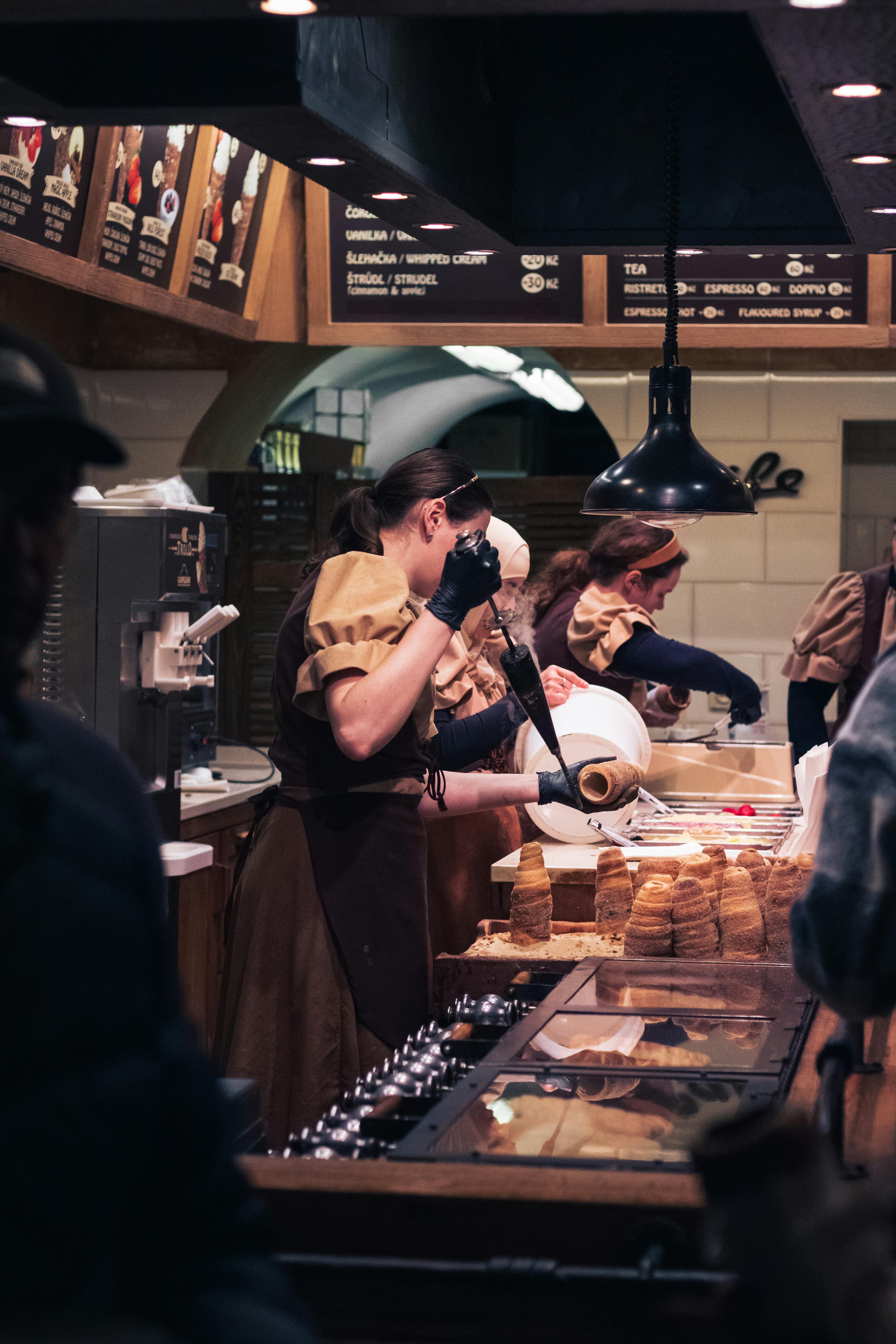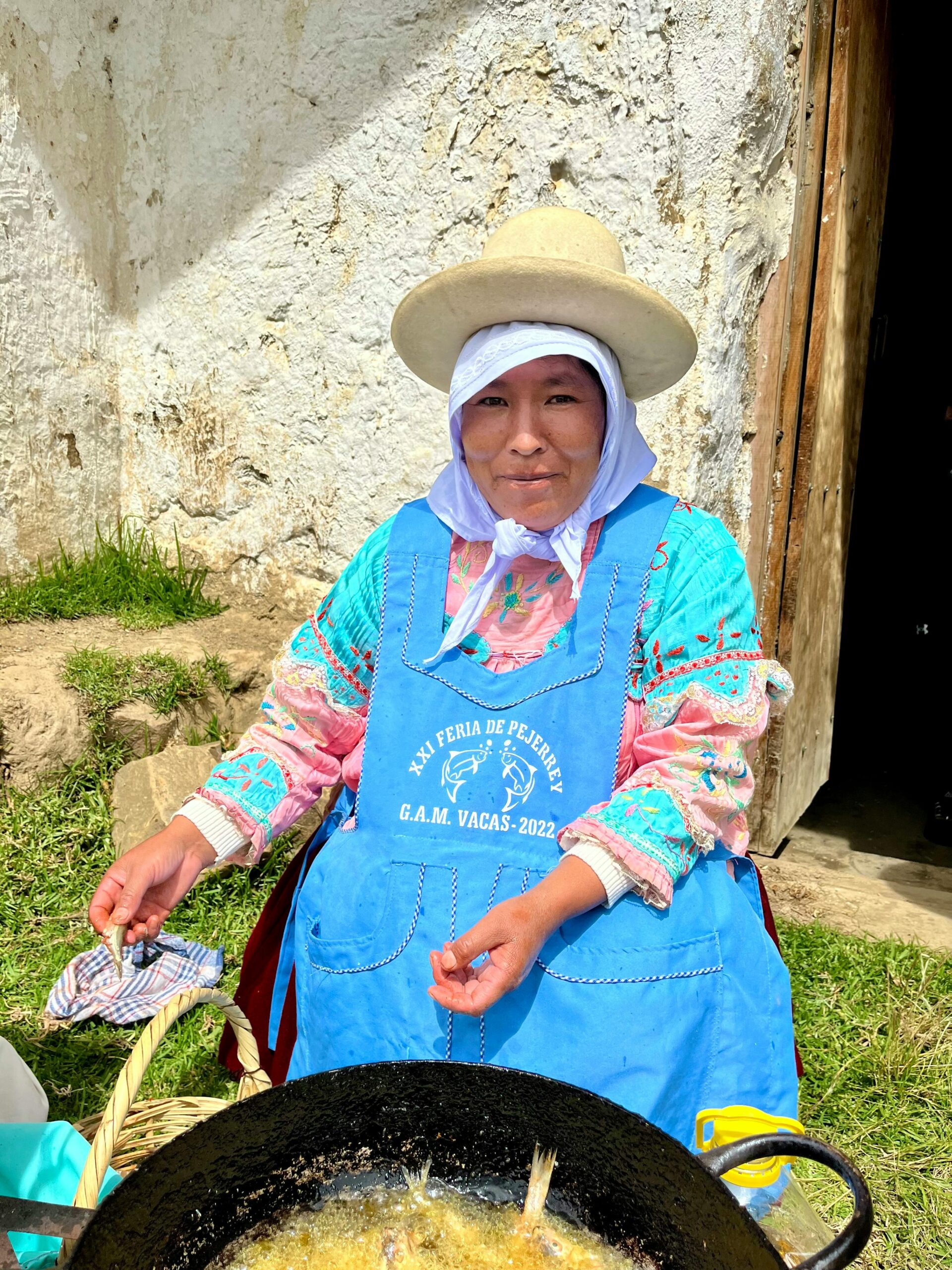Boston Local Food Festival: A Celebration of Flavor and Community
The Boston Local Food Festival is more than a seasonal attraction—it’s a dynamic intersection of culture, sustainability, and community spirit. With rising interest in local cuisine and eco-conscious living, this event offers a timely and tasty opportunity to explore New England’s vibrant food scene. This article will guide you through the origins, strategies, and future of the festival, ensuring you know exactly what to expect and how to make the most of the experience.

Understanding the Fundamentals
The Boston Local Food Festival is an annual, zero-waste event that showcases local growers, chefs, and community food organizations. It’s a grassroots effort to reconnect residents and visitors with New England’s diverse and sustainable food sources.
This festival emerged from a growing awareness of food systems and environmental impact. It bridges the gap between farm and table, bringing a spotlight to issues like food justice, nutrition, and sustainable farming practices.
1.1 The Concept of Local Food
Local food refers to food produced within a short distance from where it’s consumed, often within a 100-mile radius. It supports small-scale farmers, reduces carbon footprints, and keeps money within the local economy.
For example, Boston’s rooftop farms, hydroponic greenhouses, and urban gardens all contribute to the local food ecosystem. A common misconception is that local food is inherently expensive, but community-supported agriculture (CSA) programs often offer competitive pricing.
1.2 The Importance of Food Festivals
Unlike generic food events, local food festivals like Boston’s are deeply rooted in advocacy and education. They highlight sustainable food systems and give small producers a platform.
In Boston, these festivals also serve as networking hubs where chefs, growers, nonprofits, and educators collaborate on solutions for food access and environmental stewardship.
Practical Implementation Guide
Attending the Boston Local Food Festival can be both fun and educational. To get the most out of it, understanding how to navigate and interact with the event’s components is crucial. From selecting workshops to planning meals, a bit of strategy goes a long way.

2.1 Actionable Steps
- Pre-register: Check the official site a month in advance for registration, schedules, and featured vendors.
- Bring reusable items: As a zero-waste event, attendees are encouraged to bring their own utensils, containers, and bags.
- Map your day: Identify cooking demos, food tastings, and nonprofit booths you want to prioritize. Allocate time slots for rest and exploration.
2.2 Overcoming Challenges
Some challenges include long lines, limited parking, and information overload. Solutions include arriving early, using public transportation, and focusing on one section at a time.
Expert tips: Wear comfortable shoes, bring cash for vendors who may not accept cards, and engage with farmers to learn about their produce firsthand. Always ask about allergy info before tasting samples.
Advanced Applications
Once you’ve experienced the event, there are several advanced ways to continue your engagement. These methods enhance your lifestyle, connect you to local producers year-round, and deepen your understanding of Boston’s food culture.

3.1 Volunteering and Organizing
Joining the organizing committee or volunteering gives you behind-the-scenes access to how such a large-scale event is orchestrated. In 2023, over 300 volunteers helped manage logistics, sustainability checks, and crowd engagement.
Volunteers often gain networking opportunities with leading food policy experts and entrepreneurs. This deeper involvement transforms attendees into advocates.
3.2 Building Local Food Networks
Integrate with CSA groups, community gardens, and local food co-ops to make the experience ongoing. Many festival partners offer memberships or seasonal produce boxes.
Compatibility with your lifestyle is key. Choose networks based on delivery models, pickup locations, and seasonal offerings to ensure sustainability and convenience.
Future Outlook
As sustainability and food justice continue to dominate public discourse, the Boston Local Food Festival is poised to expand its reach. Future editions will likely integrate smart technology for ticketing, data collection, and eco-monitoring.
Food trends like plant-based innovation, seaweed farming, and zero-waste packaging are expected to take center stage. Readers can prepare by staying informed, supporting food startups, and participating in local advocacy campaigns.
Conclusion
To recap, the Boston Local Food Festival is a unique confluence of community, culture, and sustainability. It teaches the value of eating local, empowers small producers, and connects people to their food sources.
If you’re ready to dive deeper into Boston’s food scene, start planning your visit to this year’s festival. Whether you’re a foodie, an activist, or a casual visitor, this celebration has something for everyone.
Frequently Asked Questions
- Q: What is the Boston Local Food Festival? It’s a free, annual outdoor event featuring local farmers, restaurants, and organizations focused on sustainable food practices.
- Q: How can I participate for the first time? Visit the official site for schedules, bring your own reusable items, and plan to arrive early for the best experience.
- Q: How long does the festival last? Typically one day, from 11 a.m. to 5 p.m., but prep and post-events may stretch it over a weekend.
- Q: Is there a cost to attend? Admission is free, though food and product purchases are optional. Some workshops may charge a small fee.
- Q: How does this compare to other food festivals? It’s unique due to its zero-waste policy, focus on sustainability, and local-only participation.
- Q: Is the festival suitable for kids or seniors? Yes, it includes family zones, live music, and accessible pathways, making it inclusive for all ages.
- Q: Can businesses get involved? Absolutely. Local producers, food trucks, and nonprofits can apply for vendor spots or sponsorships well ahead of the event date.
